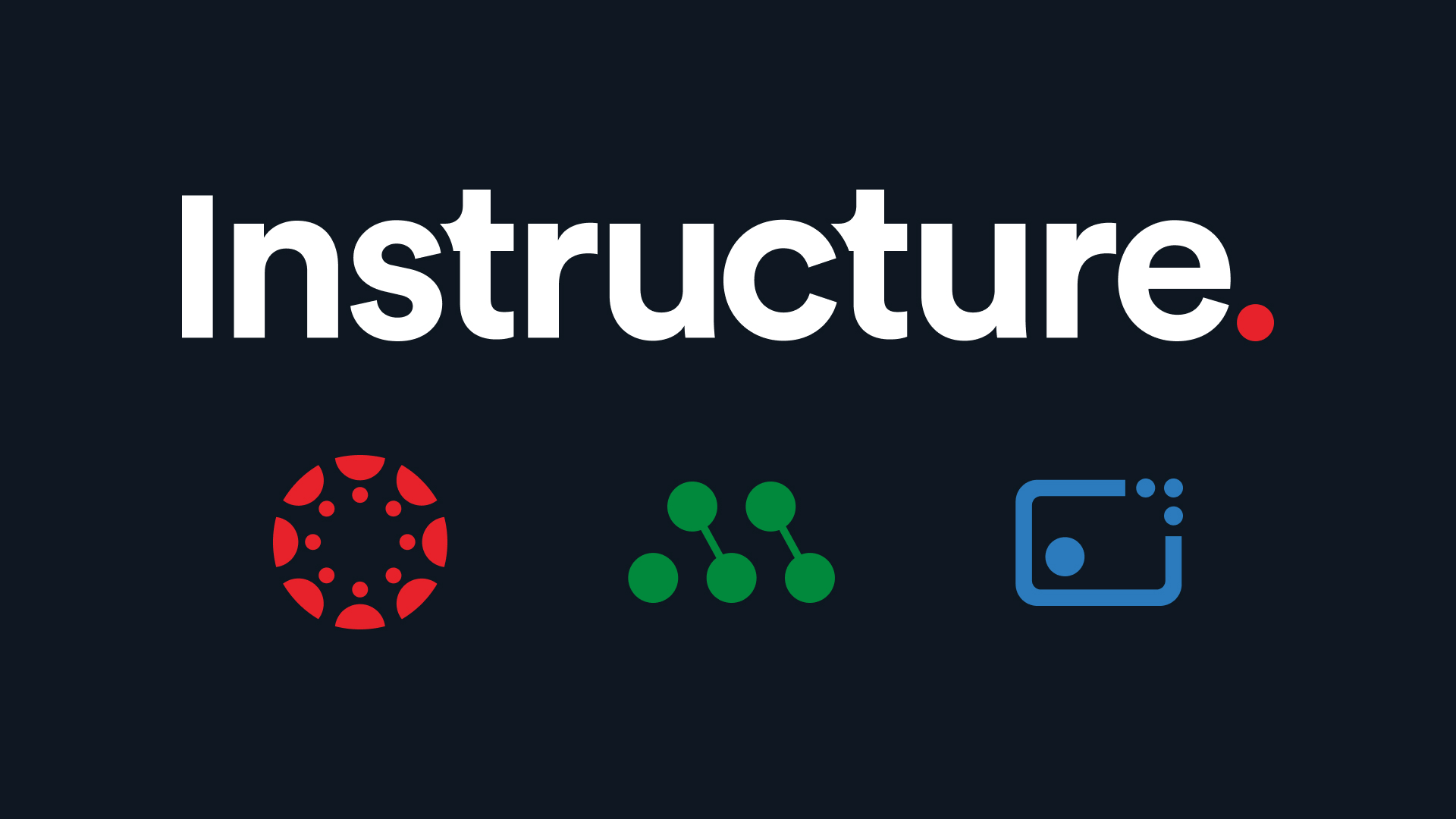Building and sustaining an effective edtech ecosystem in your district is a team effort. As you ramp up for a new school year, the maintenance and improvement of your district’s edtech processes should start on day one (or already be in progress!), especially after the exponential growth of edtech in districts due to remote learning.
This work shouldn’t be on the shoulders of one person, or even one team. In our recent guide, we walk through the steps to building an effective edtech ecosystem and focus an entire section on who to involve in the process. As we dive into this a bit, consider how you may want to divide the work involved in creating and maintaining an equitable, efficient and effective edtech ecosystem.
Building teams: Dividing work into three teams/committees helps with the natural peaks and waning impact that occur due to varied educator responsibilities. The teams outlined below are designed to be nimble and efficient, more quickly ensuring students and teachers are using edtech products that are actually impacting outcomes.
Look to put educators in the following teams who are interested, eager and, importantly, represent different departments and students:
-
Ideation Team: Generates ideas, bringing all perspectives to the table and expanding conversations to make sure this work is comprehensive enough to support the district now and into the future.
-
Planning Team: Synthesizes the ideation team’s potential solutions and develops a coherent plan.
-
Implementation/Monitor Team: Holds the institutional knowledge of why this work is taking place. They are on this team for the long term, monitoring, adjusting and improving the plan based on feedback. Periodically (every 2-3 years, or in the face of rapid change), this team may call on the ideation team to refresh and recalibrate based on the new realities.
Bring a diverse set of voices to your teams: Moving to a teams approach also allows for an equitable way to bring voices into the solution while keeping processes intact. To help avoid unnecessary obstacles and allow for a strong process development from start to finish, consider these essential educators as part of your teams:
-
District leaders: Keep the superintendent and senior leadership informed of the process to avoid roadblocks with the school board and community. Keeping them informed is not the same thing as mandating their participation in every meeting.
-
Curriculum & instruction coaches: C&I leaders want to support educators in identifying, implementing and using tools that actually help teaching in learning, making them key members in evaluating the right tools for their district.
-
Title program coordinators: These individuals maintain budgets with significant spending power for technology that caters to specialized student groups.
-
Technology leaders: Tech leaders directly support teachers when it comes to the digital tool they use. They would be great at facilitating organized, efficient edtech processes (like vendor and contract management).
-
Librarians: The modern librarian plays a significant role in championing new technology in buildings and often leads relevant technology training. These professionals may also have insight into key pieces such as accessibility and copyright of a program or tool.
-
Teachers: While this may seem obvious, always include the right teachers in this work! This means those teachers who regularly use programs and tools, along with teachers who wield significant influence among their peers.
-
Trusted technology partners: Schools need industry partners. The speed at which the technology industry moves requires that schools have partners who help wade through the marketplace. These partners may participate on internal teams at times to provide their perspective on trends and connect with other districts.
When teams are composed of the right voices, there are greater chances of success and moving big decisions through the system for long-lasting change. Inclusion does not mean that everyone is involved in every decision – select the right members for teams, not because it will make the process easier but because it will make the process better and positively impact learning.
To learn more about how your district can build an effective edtech ecosystem, access the guide now.
Related Content
 inst-3step.jpg
inst-3step.jpgBlogs

Blogs
 digging_deep_into_2025s_learning_trends_the_state_of_higher_education_in_anz_-_thumbnail_1.png
digging_deep_into_2025s_learning_trends_the_state_of_higher_education_in_anz_-_thumbnail_1.pngBlogs
